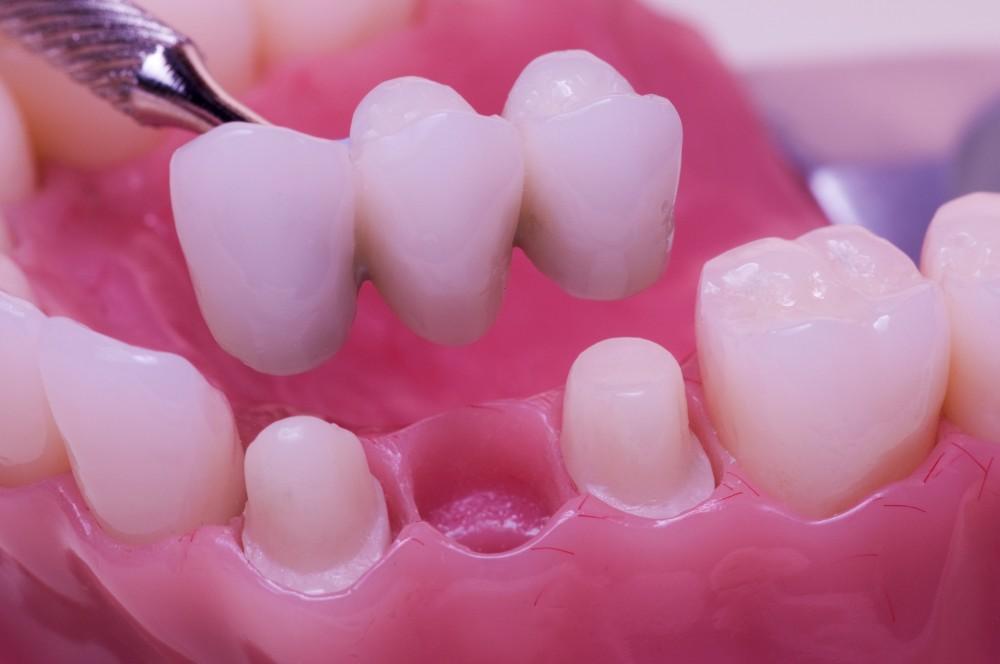Crown & Bridge Treatment in Hinjewadi



Dental Crown
Dental crowns are cap-like structures that are placed over a tooth to restore its shape, size, and function. They serve multiple purposes such as improving chewing and grinding ability, protecting the underlying tooth, providing strength to a weakened tooth, enhancing esthetics, and improving the overall smile.
Dental crowns are commonly recommended for teeth that are cracked, severely decayed, discolored, or have undergone root canal treatment. They help extend the life of the natural tooth while maintaining proper bite alignment and oral health. Choosing the right dental crown Hinjewadi ensures durability, comfort, and a natural-looking appearance for long-lasting results.

Tooth crowns are predominantly of the following type
- Cavity detection
- Dental fillings and tooth preparations
- Treating tooth sensitivity
Each crown has their own advantages and disadvantages, but metal free crowns like (zirconium, e max & bruxzir) are more commonly in use now a day.
Factors which decide the cost of these dental crowns/ tooth crowns/ dental caps/crown cost usually vary according to quality of the material, strength of the material & how close it is to the natural teeth.
Crowns are ideal for
- Broken or severely worn teeth
- Large fillings with little tooth structure remaining
- Protecting a tooth after a root canal
- Cosmetic improvements for misshaped or discolored teeth
What is a Dental Bridge?

Bridges help with
- Filling gaps caused by missing teeth
- Restoring chewing and speaking ability
- Preventing teeth from shifting
- Maintaining facial shape and structure
Materials Used
- Porcelain (tooth-colored, aesthetic)
- Metal alloys (strong and durable)
- Porcelain fused to metal (PFM) (a blend of strength and appearance)
- Zirconia (high-strength and aesthetic)
Aftercare Tips
- Brush and floss daily
- Avoid hard foods that can damage the crown or bridge
- Use a floss threader or water flosser for bridges
- Visit your dentist regularly for check-ups and cleanings
Frequently Asked Questions (FAQs) ?
The price range is typically between ₹5,000 and ₹15,000 per unit based on the materials used and how many teeth are being replaced.
It is not painful. Patients are made comfortable with local anesthesia, and while there may be some sensitivity afterward, it is not discomforting during and after the treatment.
With good oral hygiene, a crown or bridge should last over a decade, between 10 to 15 years, alongside regular dental visits.
Crowns generally have low failure rates. Over 10 to 15 years, about 5 to 10 percent are estimated to fail, primarily due to poor hygiene, problematic bite, or decay.
Not necessarily. A root canal is only performed if there is decay, infection, or if nerves are involved. Many crowns are done without needing a root canal.
Crown procedures are safe and a routine part of modern dentistry. Commonly reported minor risks include temporary sensitivity, gum irritation, and issues with bite alignment if not properly adjusted.
Although crowns made from zirconia and metal-ceramic composites offer remarkable strength and durability, they do not provide the protective cushioning of enamel that natural teeth possess.
A person may experience tenderness, swelling in the vicinity of the crown, bleeding from the gums, an unpleasant taste, and sensitivity; all symptoms of an infection. Individuals displaying these symptoms should see a dentist without delay.
Other Services
Our Best Other Services


